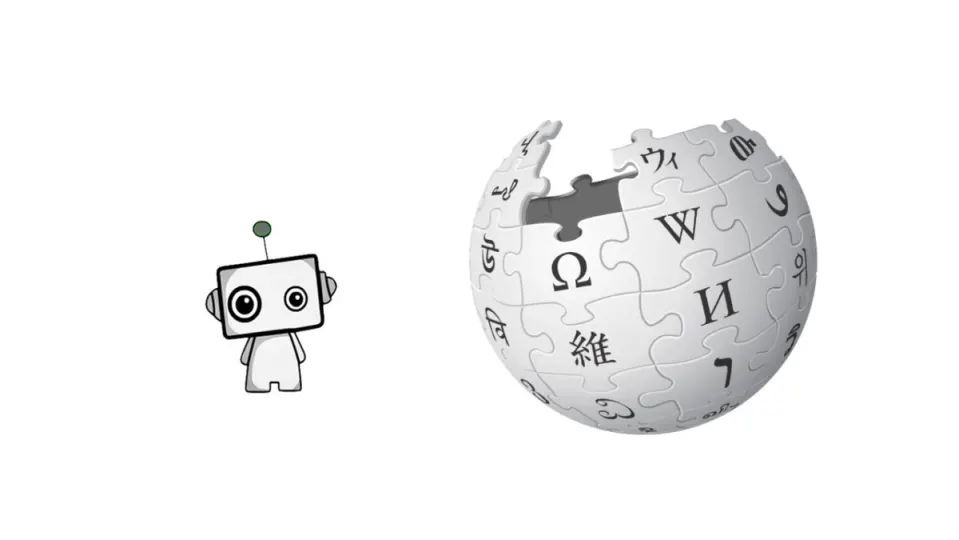Wikipedia is like a central hub for all of the world’s collected information. Or at least that is what it is supposed to be. Sometimes people will post fake or inaccurate information to Wikipedia, which can result in biased information misrepresenting the truth. Obviously, Wikipedia wants to stop this happening and has turned to Meta for help. After all, Meta’s Facebook has had well-documented fake news problems for years, so, theoretically, Meta could be the perfect partner to help keep fake news and misinformation off Wikipedia. Let’s take a look.
The Wikimedia Foundation, which is the non-profit organization that administers Wikipedia has teamed up with Meta in order to use a Meta AI model to fact-check the references on Wikipedia articles. Wikipedia sees a whopping 17,000 new articles posted online every month meaning it is beyond the capabilities of Wikipedia volunteers to stay on top of the references in all of those new articles.
The footnotes and citations are an incredibly important part of Wikipedia articles because they are where the content gets its authority from. If facts and claims presented in Wikipedia articles cannot be backed up with reputable sources, then the information presented could be made up.
This is extremely important in the case of Wikipedia because so many people use it but not many will actually go on and check the references. This means Wikipedia users are mostly taking Wikipedia entries at face value, so if they are no reputable fake news will find its way into the common discourse.
The model is based on a dataset comprising of over 134 million public web pages. What is impressive about the AI model is that if it does detect that a Wikipedia article has inaccurate or redundant references it will actually recommend other useful sources that could be used to verify the facts presented in the Wikipedia article.
This does seem to be positive news in the war against fake news and disinformation. However, the flip of this is that it marks another step for big tech to become the shining light that the rest of society follows. There are clear problems awaiting if we go down that second path without questioning and holding to account those who are in control of these types of algorithms, particularly if there is no meaningful human oversight of the actions these AI models take.
Although this project is still in the research phase and not actively updating content on Wikipedia at the moment, this is the second big Meta AI update from the last few days with Meta recently launching an impressive translation AI.



